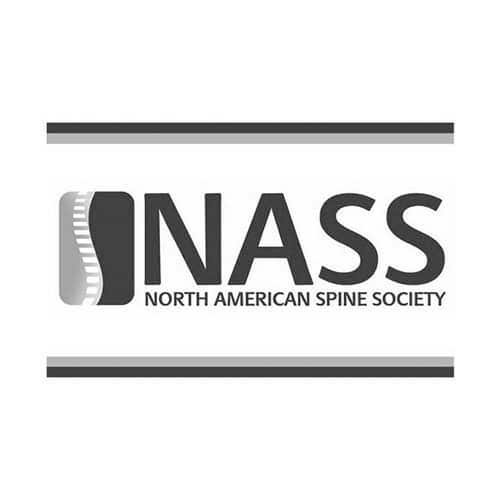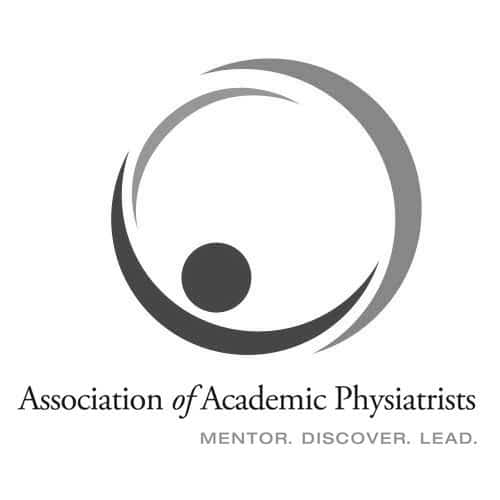In the United States, an estimated 20% of the adult population lives with some level of chronic pain that impacts their daily lives. Chronic pain can make it hard for you to work, stay active, and enjoy your favorite activities, making it a serious concern for both a patient’s physical and mental health. At Macomb Pain Management, we believe in an approach to pain management that treats the physical symptoms of pain and provides support for other areas of your life impacted by your pain levels. Let’s take a closer look at how having a strong social support group and connections can play a vital role in the treatment of your or a loved one’s chronic pain.
Understanding the Connection Between Social Support and Pain
While the physical symptoms of chronic pain may be caused by an underlying medical condition or a past injury, the way the body perceives pain can be influenced by several factors, including your social support levels. Researchers doing studies on chronic pain have found a strong connection between increased sensations of pain and mental health conditions like anxiety and depression. Other studies have found that social isolation and loneliness can also worsen perceptions of chronic pain as well as contribute to conditions like depression and anxiety. These same studies have shown that chronic pain patients who have strong support systems report decreased pain levels and better progression through their pain management treatment plans. Building a support network can be an effective strategy to maximize your pain relief levels during treatment.
Building Your Support Network
While the benefits of having a strong support system are numerous, many pain patients often struggle with building a support system. There are several different online support groups for chronic pain patients, including those dedicated to certain types of chronic pain like arthritis or fibromyalgia, that are welcoming to pain patients and provide an outlet to connect with other pain patients. Talking to your family and friends about your chronic pain levels can also be therapeutic and empowering. Finally, many groups across the nation host social events tailored to pain patients’ levels of accessibility and provide a great in-person support system.
The Benefits of Professional Emotional Support
Having local support from your family and friends and worldwide support from online groups can be great steps in managing your pain. Professional emotional support services can also be very beneficial for pain patients. Examples of these services can include:
- Therapists
- Physiatrists
- Cognitive behavioral therapy
- Group therapy sessions
- Pain support coaching
Many of these professional emotional support services for pain patients are affordable and covered by insurance, making them another great option to add to your pain management support system.
Simple Steps to Improve Social Connection
Improving your support system doesn’t have to be hard and can be as simple as reaching out to family and friends when you are struggling. Participating in local community events can also be beneficial, and many can accommodate your specific level of mobility. For those who are not able to get out of the house, online support groups with pain management patients can also be an easily accessible tool to strengthen your social connection and support system. While it can be hard to take the first steps to improve your social connections and support system, the benefits of having these tools in your corner can provide you with meaningful and effective support as you treat your chronic pain.
Learn More About Your Treatment Options for Chronic Pain
Social support plays a crucial role in the treatment of chronic pain and is a powerful tool to have in your treatment plan. At Macomb Pain Management, we provide our patients with additional pain management treatment options, including medication-free and minimally invasive options. To learn more about our treatment options, contact us at (248) 844-8281.






